

 The SFFaudio Podcast #293 – Carmilla by J. Sheridan Le Fanu; read by Elizabeth Klett (for LibriVox). This is an unabridged reading of the novelette (3 hours 7 minutes) followed by a discussion of it. Participants in the discussion include Jesse, Mr Jim Moon, and Elizabeth Klett.
The SFFaudio Podcast #293 – Carmilla by J. Sheridan Le Fanu; read by Elizabeth Klett (for LibriVox). This is an unabridged reading of the novelette (3 hours 7 minutes) followed by a discussion of it. Participants in the discussion include Jesse, Mr Jim Moon, and Elizabeth Klett.
Talked about on today’s show:
1871, 1872, Elizabeth’s first solo for LibriVox, a per-adolescent kid, Dracula, a novella and not a novel, Dracula is obsessed with its own structure, dictaphone, the manner of the telling, The Dark Blue magazine, the framing device, the Dr. Martin Hesselius framing device, wee have the papers to prove it, not with that ending, so chilling, eight years after the major events, three hundred, Duke Charles, CBS Radio Mystery Theater adaptation, the setting, the nearest inhabited village is twenty leagues away, the ruins of Karnstein, white lilies, swans, perch, in the moat, the story within the story, Spielsdorf’s letter, Millarca and her “mother”, fete, a masked ball, a vampire scam, a glamour on the father, pulling Laura’s father aside, is she glamouring him?, so lonely, giving in to her whim, why don’t the vampires not immediately suck some folk dry?, preying on the village girls, Varney The Vampire, the name as an anagram, the blue mark, the lonely vampire, “you’re going to die into me”, “I live into your warm life and you’ll die sweetly into mine”, Laura has been stalked since she was six, enchanted by the pretty lady, needles, “just a blue spot”, the father and the doctor are shielding Laura, shielding Mina from the truth ends up hurting her, the female characters in both stories are more capable than the male characters give them credit for, religion, the crucifix doesn’t figure into Carmilla, the complicated layering of imagery, Carmilla’s escape from the castle, enclosure, Carmilla can transcend enclosures, transcendent confinement, an extra-transmissive female, the Mountebank peddlar, the little dog, amulets for protection against the oumpire, a very sharp tooth like a fish, a transaction through a window, a liminal space, invading the domestic space, well educated in trickery and juggling, the mountebank half-recognizes Carmillas as a vampire, a clever recipe, Harker’s shaving mirror, Markheim by Robert Louis Stevenson, Carmilla thinks of herself as a product of nature, “all things proceed from nature”, girls as caterpillars while they live in the world, relying on God to take care of us is naive, a post Darwinian perspective, Dracula’s Guest by Bram Stoker, Horror Europa with Mark Gatiss, Nosferatu was nearly destroyed by copyright claims, the invasion of the home, Eric Rabkin, vampires are for aristocrats whereas werewolves are for peasants, The Odyssey as a series of stories about the host-guest relationship, Carmilla’s only virtue is that she’s pretty, Bertha, the striking image of Carmilla crawling onto Bertha’s bed, a phallic sword, there’s no hiding the fact that this is all sex sex sex, The Vampire Lovers, Hammer Horror with nudity, the British Board of Film Censors, “this is literature”, The Killing Of Sister George, Richard LeStrange from Cork, adaptations of Carmilla, the servants, a quick snack on the peasants, bathing in seven inches of blood, Elizabeth Bartolde, floating of coffins in blood, entirely shielded from ghost stories and fairy tales, languorous and dream-like, languorous and languid, a code word for sensual, sated, façade, interest in beauty, metamorphosis, your chrysalis is your coffin, how vampires leave their graves, revenants, Karnstein = fleshstone, out of folklore and into proto-science fiction, turning Laura into a vampire, one of the great questions in Carmilla – who is her mother? who is the man in black, the cuckoo nest scenario, who are these people?, the “broken” carriage charade, the cuckoo in the nest, pushing the other chicks out of the nest, a wonderful horrible story, Laura Palmer in Twin Peaks, a lot of Laura victims, lesbianism and incest, corruption beneath the veil of respectability, why the mother is missing, the doom to come, Morella by Edgar Allan Poe, Ligeia, Berenice, all up in the creepy, all possessing consumption, waiting for the fruit to be ripe, Blood And Roses, the petals of the rose, is it like a venereal disease?, M.R. James, the lens of distance,
“Magia Posthuma,” “Phlegon de Mirabilibus,” “Augustinus de cura pro Mortuis,” “Philosophicae et Christianae Cogitationes de Vampiris,” by John Christofer Herenberg; and a thousand others
the rules for vampires, Count Alucard, the writing itself, vic-fic, the clarity and economy of Le Fanu’s prose, clear but evocative, he doesn’t over-egg the pudding.
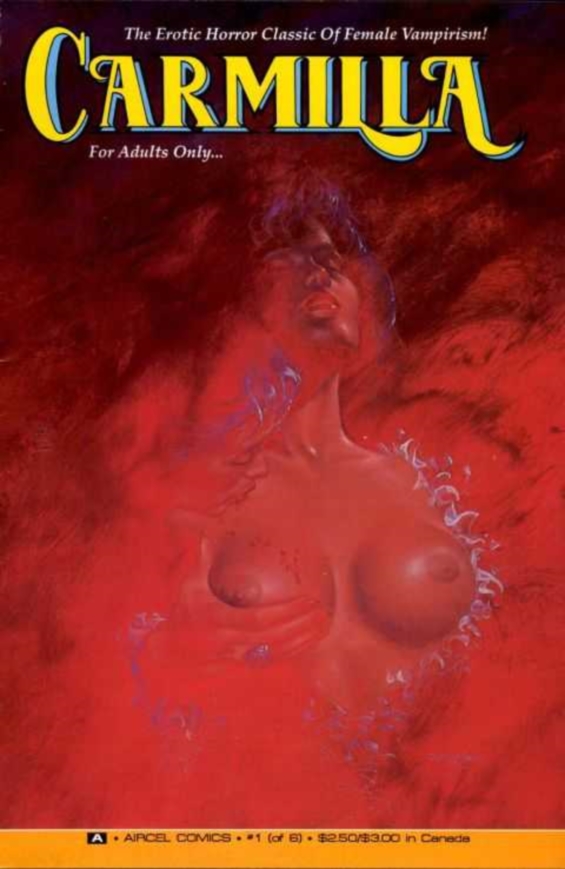
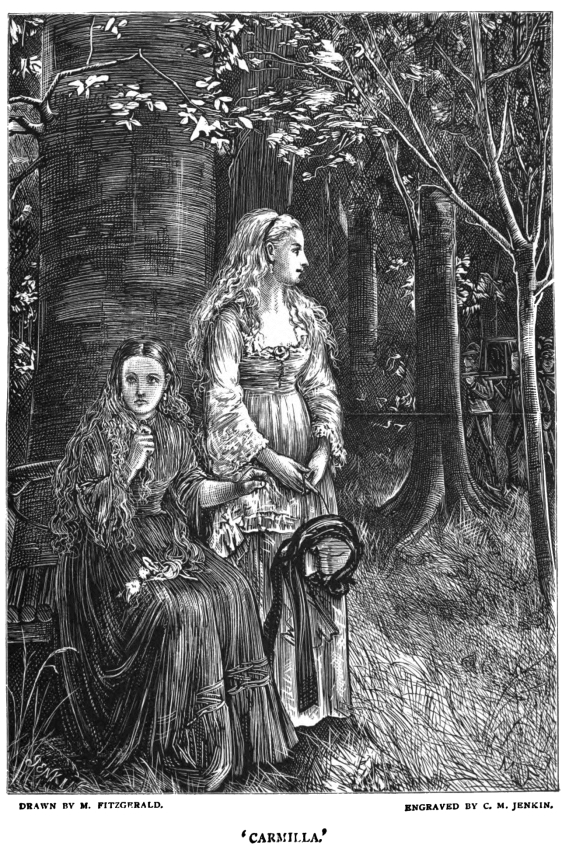
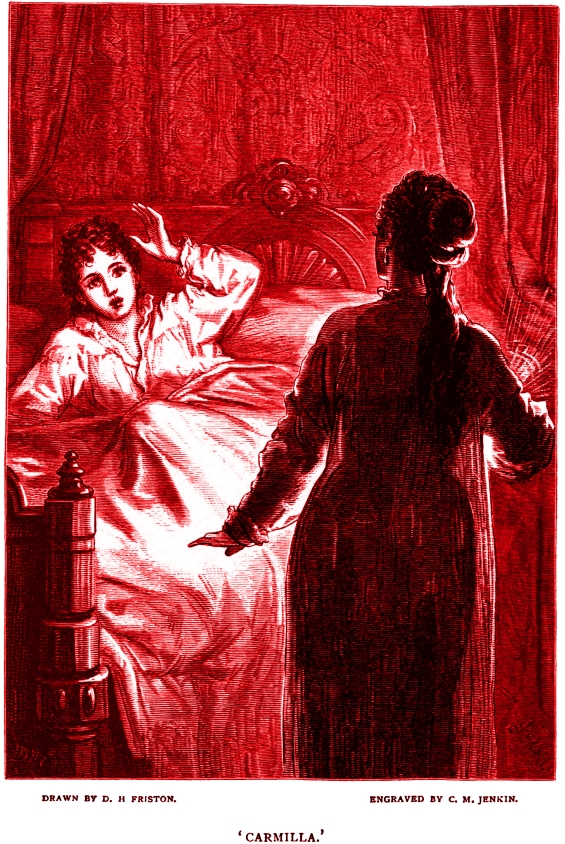
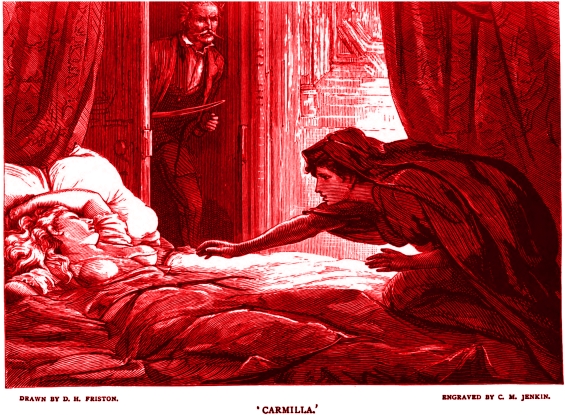
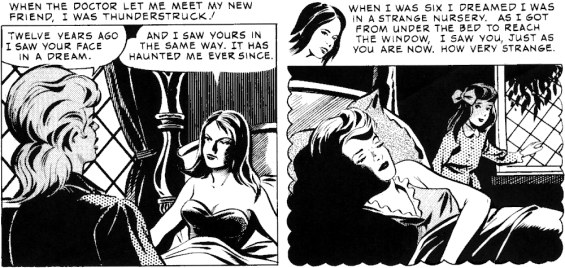
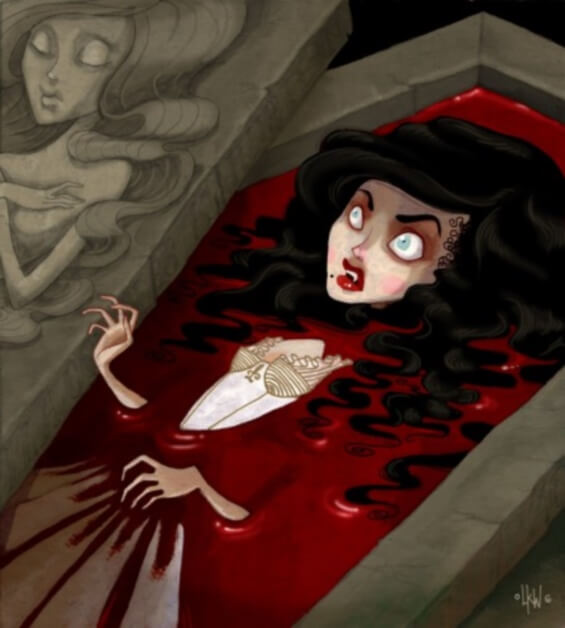
Posted by Jesse Willis